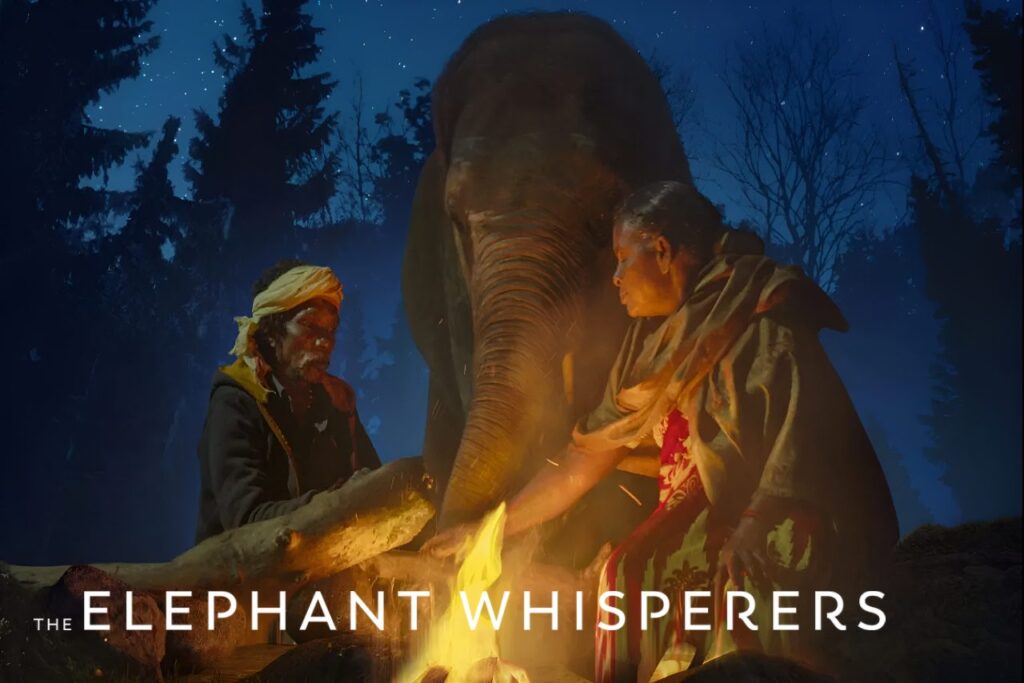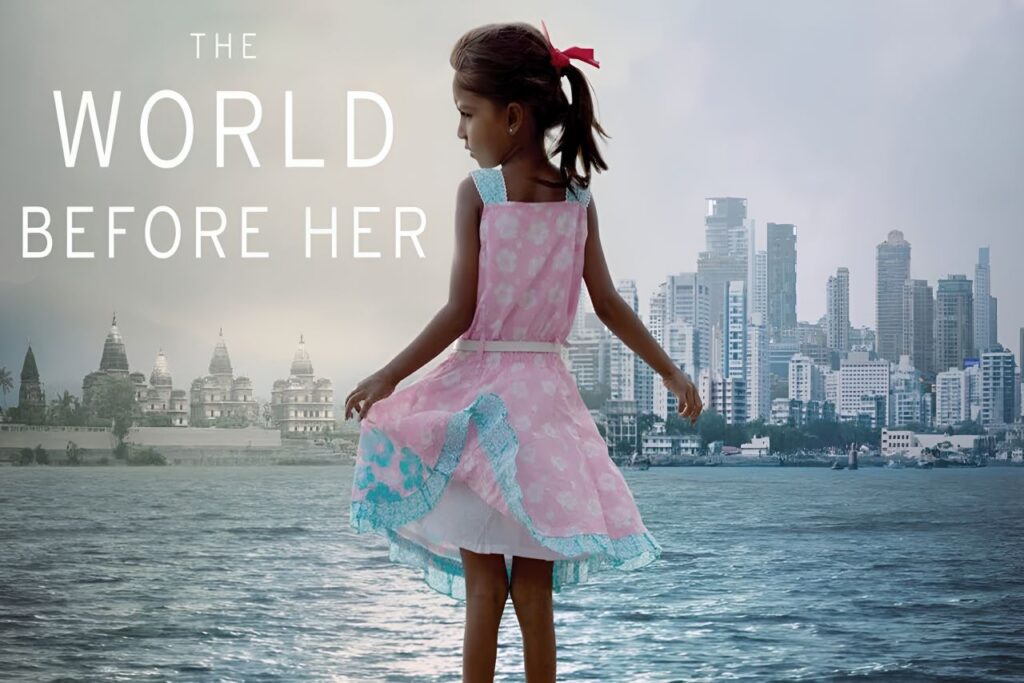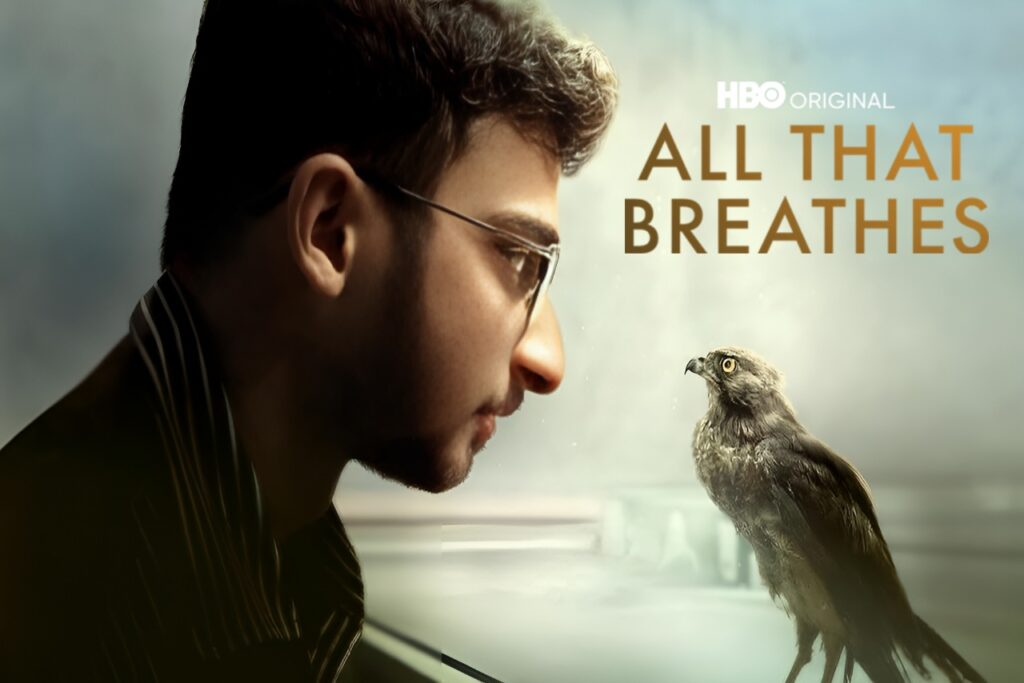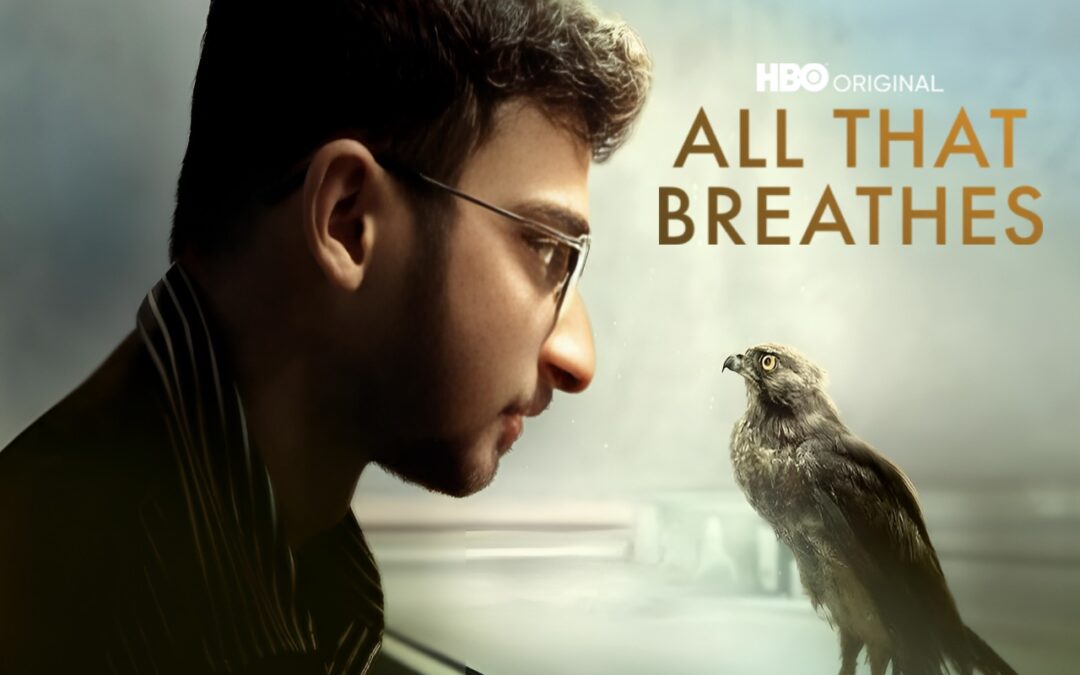Some stories don’t need to shout to be heard. They don’t require fancy scripts or superstars. They don’t even require special effects or trailer teasers. They just tell the truth—with precision, with bravery, and with heart. India’s world of documentaries has always had a message to impart. Only recently has the rest of the world begun to lean in and listen. In recent years, a few exceptional films have accomplished something unusual: they’ve gone around the world, won big prizes, and most importantly remained with audiences long after the end credits.
Among them, three films have triggered subtle revolutions about how Indian narratives are framed and embraced: The Elephant Whisperers, The World Before Her, and All That Breathes. All three of these documentaries differ in tone and subject, but all three unravel layers of Indian existence that scripted drama is simply incapable of replicating.
A Love Letter to the Wild: ‘The Elephant Whisperers’

Sometimes the greatest moments are the least dramatic ones. The Elephant Whisperers, by Kartiki Gonsalves, documents the true tale of a tribal couple, Bomman and Bellie, who nurture orphaned baby elephants in the dense forests of Tamil Nadu. On paper, it reads easily. On screen, it’s not. The film is a sensory experience gentle, warm, and incredibly intimate. There’s no flashy editing or dramatic narration. Instead, we’re invited into the everyday lives of two people whose bond with nature feels deeply personal and universal at once.
Their relationship with the elephants is not just about care it’s about mutual understanding, respect, and a sense of belonging. When this little documentary picked up an Oscar, it wasn’t an Indian cinema win alone. It was a gentle reminder that small, profound stories of people, particularly those rooted in indigenous lore and ecological balance, need to find space on the world’s largest platforms.
Two Indias, One Question: ‘The World Before Her’

If The Elephant Whisperers is a lullaby, The World Before Her is a wake-up call. Nisha Pahuja’s film plunges the audience into the queasy unease of modernity and tradition by tracking two very different sets of young Indian women. On one hand, there is the glamour of the Miss India contest, complete with training camps and stardom ambitions. On the other hand, a nationalist girls’ training program conducted by the Durga Vahini, conditioning girls to battle for another sort of future.
The contrast is stark, sometimes jarring. And that’s the point. Pahuja doesn’t tell us what to think. She doesn’t push an agenda. Instead, she presents both worlds as they are—messy, complex, and driven by belief. Watching these girls navigate the expectations placed on them is both moving and deeply uncomfortable. The documentary lingers long after it’s over, especially because it doesn’t end with easy answers.
What does it actually mean to be empowered? And who will decide that?
Breathing Through Chaos: ‘All That Breathes’

Few films are at once about everything and nothing. All That Breathes tiptoes along this line with ease. The film, set in Delhi, is about brothers Nadeem and Saud who rescue wounded black kites dropping from the city’s toxic skies. That’s the surface story. But as you sit there and watch, you realise this movie is more than merely about birds. There is something contemplative in how it’s filmed—slow, unhurried, and unwilling to embrace silence.
You sense the pressure of the city bearing down, the tension between hanging on and giving up. Politics is stewing in the background. Climate crisis insidiously enters the picture. But at the heart are two men who’ve made, quietly, the choice to continue doing what they can. It’s that humility—humility-the kind we never see praised—that makes the film so powerful. No saviour complex here. Only steady resolve.
Also Read…
Beyond Borders: Top 5 Iranian Films That Redefined Global Cinema
Why These Films Matter Now
In an oversaturated media environment full of noise, these films are noteworthy not because they’re screaming, but because they’re authentic. They teach us that storytelling doesn’t have to be sensationalised to affect us. It just has to be intentional.What holds all three films in common is that they can reach lives so easily forgotten. They don’t use shock or manipulated emotion. They watch. They listen. And by doing so, they make us care. For an audience increasingly starved for truth, these narratives are a breath of fresh air—or a whisper, a question, a gentle reminder that truth is still important.
Closing Frame
It’s easy to describe documentaries as “serious” or “slow.” But the good ones—like these—aren’t tasks to sit through. They’re epiphanies. They welcome us in, tell us to pay attention, and leave us looking at things differently. As India continues to define its role in world storytelling, these films provide something precious: perspective. And if one thing in today’s saturated content culture is worth encouraging, it’s work that makes individuals feel something authentic.
Writer- Subham Choudhary

